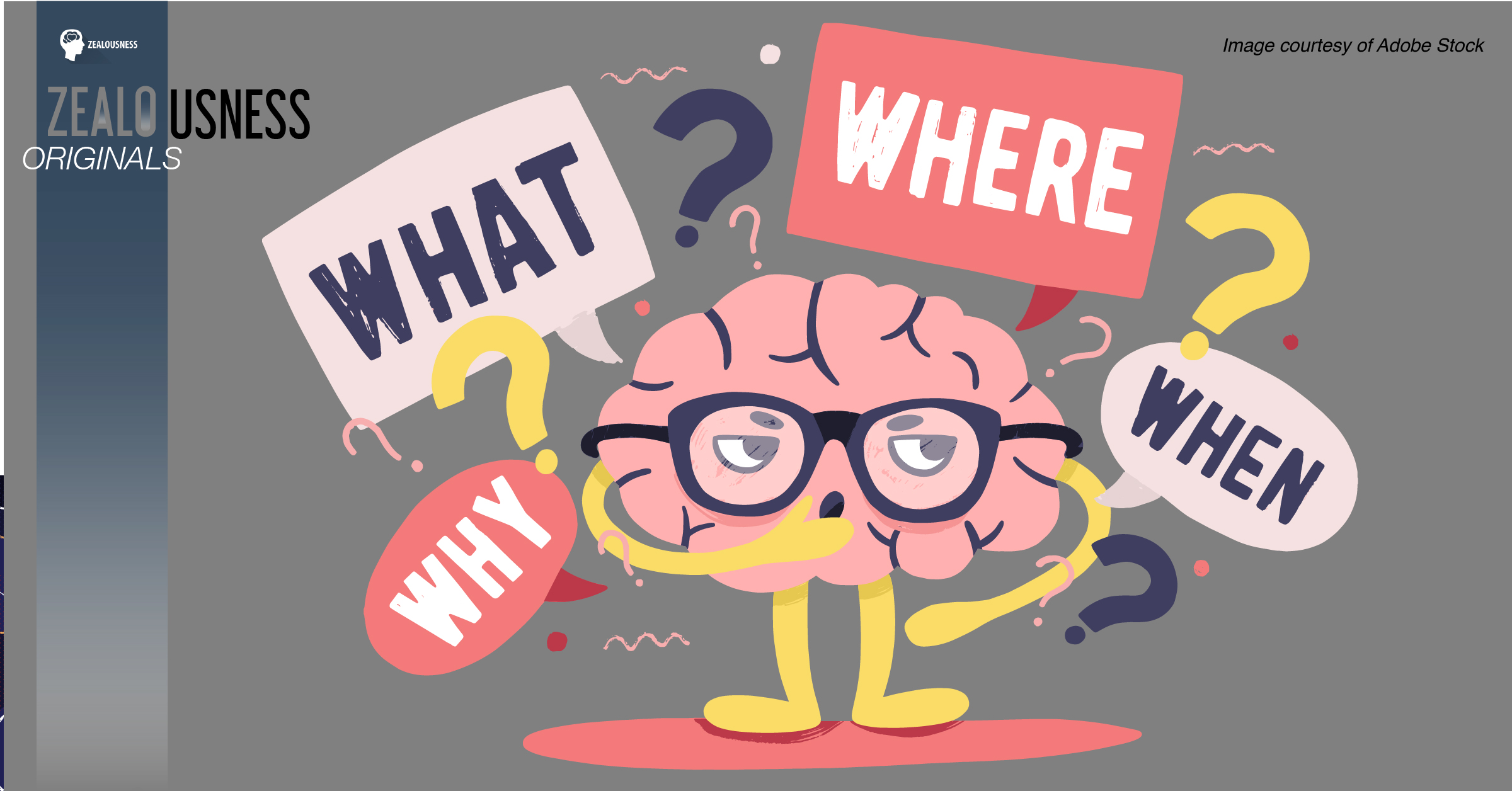“All life is problem solving.” – Karl Popper.
I am starting this article with the words of a wise man who defined perfectly what life has to offer. Having to deal with problems is part of our existence. From the day we are born until the day we die, problems are our fellow travelers in our journey of life. They are key factors in our upbringing throughout our lifetime. If there were no problems, there would be no development of skills, or character, or progress toward a better future. Someone defined problems as a gift: without them we wouldn’t grow, while another one defined problems not as stop signs, but as guidelines. Facing a certain problem and reaching its solution successfully will lead to other challenges. People approach their problems differently. Some consider them obstacles in their life. I believe that whenever you see your problems like this, you only have made yourself a victim. Having such an approach will not lead to positive solutions, but only failures. When others see them as an opportunity to take advantage of their achievements,we find that life has to offer for every problem, an opportunity with its solution, and new challenges for the next generations. I think it’s part of growing up. The history of evolution of humanity up to the progress humans have reached today is nothing but a chain reaction of problem solving.
Solutions and problem solving skills
In order to give the best solutions to our problems, we must first develop in ourselves the necessary skills. Not all the problems are the same, but in general; they all require certain skills which are used for most problems. Critical thinking is a valuable asset. It enables us to correctly assess a situation and come up with a logical solution. The most important aspect of critical thinking is analytical thinking. It implies gathering information, intercepting, and evaluating. Communication skills enable us to cooperate with other coworkers during the critical thinking process, reaching the best solutions for the problem. Creative thinking implies being able to discover certain patterns of information and make abstract connections between seemingly unrelated data, whereas the ability to solve problems can help us correctly analyze a problem and work on implementing solutions for it.

Five phases of problem solving
Different problem solvers have different approaches, but all aim toward the best solution and results. For example, Rafis Abazov explains in one of his articles how to improve your problem-solving skills. He is a university professor who speaks to his students in a plain and short form. He breaks down the solutions in five phases:
1. Identify the problem. His definition of problems solving skills is simple. It is the ability to identify the nature of a problem, deconstruct it (break it down) and develop an effective set of actions to address the challenges related to it. He quotes Albert Einstein, who once said: “The formulation of the problem is often more essential than its solution, which may be merely a mat- ter of mathematical or experimental skill.”
2. Define the main elements of the problem. The next step is the ability to break down the problem into small manageable parts by defining the main elements of the problem. It is an essential psychological and managerial skill. Instead of facing an enormous problem, break it down in smaller elements. It makes it easier to solve. For example, here is one way to break tasks down.
- Look at the big picture. Understand what the result will look like.
- Examine the parts of the task. Do it step by step, because it will not happen immediately through magic
- Think of the order of the pieces: which comes first, second, third etc.
- Create a timeline for your tasks. The deadline will make you more focused for each task.
- Have a plan to stay on track. Put the time you will spend on the project into your schedule.
- Complete the task early enough to make a final review.
3. Examine possible solutions. It is very tricky as on the surface: it might look like the reaching of the goal is close. Finding simplistic ways can not give the same result as finding the most effective ways and turn them to opportunities to make a strong success story.
4. Act on resolving the problem. Developing a step-by-step execution plan and acting effectively and decisively is the final touch. It doesn’t matter how effectively students identify the problem with its constituents and look for possible solutions; all that matters is the ability to perform concrete steps to execute the plan.
5. Look for lessons to learn. After all is done, it is crucial to reflect upon the solved problem, try to evaluate the entire process and formulate the lessons to be learned for the next project. Reflection is essential in order to learn from problem solving.

Conclusion
Education is one of the most important things in the world. In schools, people learn from an early age to face problems and look for their solutions. But most schools teach their students to memorize facts, formulas and functions without any applicability to the challenges in real life they will face later. Instead, they need challenges; problems which focus on real-world scenarios. They need a chance to understand the world they are entering and be prepared for it. In the real world, students will not have nice problems, but complex ones. Since the challenges of the real world will not be simple, the problems meant to prepare students for this world should not be either. Students need to apply what they have learned in school later on in life. For example, in English class, students read The Giver by Lois Lowry and analyzed whether the society in the book was ethical. Students need to understand what ethical means and how it’s applicable in real situations. It is important to teach students how to grapple. It’s more powerful than perseverance. Grapple is like perseverance, but beyond that. It means trying again and again, even after having failed. Grappling is working hard to make sure you understand the problem fully, and then using every resource at your fingertips to solve it.
Teachers need to put more importance on student understanding than on getting the right answer. They also need a more practical view of the world. Students must have an introduction of the society they live in and its benefits and drawbacks. It will enable them to come out with incredible problem-solving skills and the ability to look at any problem and have a thousand ways to solve it in their minds already because they didn’t just memorize functions and periodic tables. They understand why and they work to understand how to solve a problem instead of just getting the answer.
References:
“6 Examples of Critical Thinking Skills.” Indeed Career Guide. Indeed. Accessed November 2020. https://www.indeed.com/career-advice/career-development/critical-thinking-examples.
“Break Large Tasks down into Smaller, More Manageable Pieces.” UGA Today, May 27, 2020. https://news.uga.edu/break-large-tasks-down-into-smaller-more-manageable-pieces/.
“How to Improve Your Problem-Solving Skills.” Top Universities, June 23, 2016. https://www.topuniversities.com/blog/how-improve-your-problem-solving-skills.
Pelletiere, Anna. “4 Tips on Teaching Problem Solving (From a Student).” Edutopia. George Lucas Educational Foundation, November 1, 2016. https://www.edutopia.org/blog/4-tips-teaching-problem-solving-from-student-anna-pelletiere.
Pelletiere, Anna. “4 Tips on Teaching Problem Solving (From a Student).” Edutopia. George Lucas Educational Foundation, November 1, 2016. https://www.edutopia.org/blog/4-tips-teaching-problem-solving-from-student-anna-pelletiere.
“Problem Solving Quotes: LeadingThoughts – Quotes on Problem Solving.” Problem Solving Quotes | LeadingThoughts – Quotes on Problem Solving – LeadershipNow.com. Accessed November 2020. https://www.leadershipnow.com/probsolvingquotes.html.
“Problems and Problem Solving Quotes from Decision-Making-Solutions.com.” Making. Accessed November 2020. https://www.decision-making-solutions.com/problem_solving_quotes.html.






















